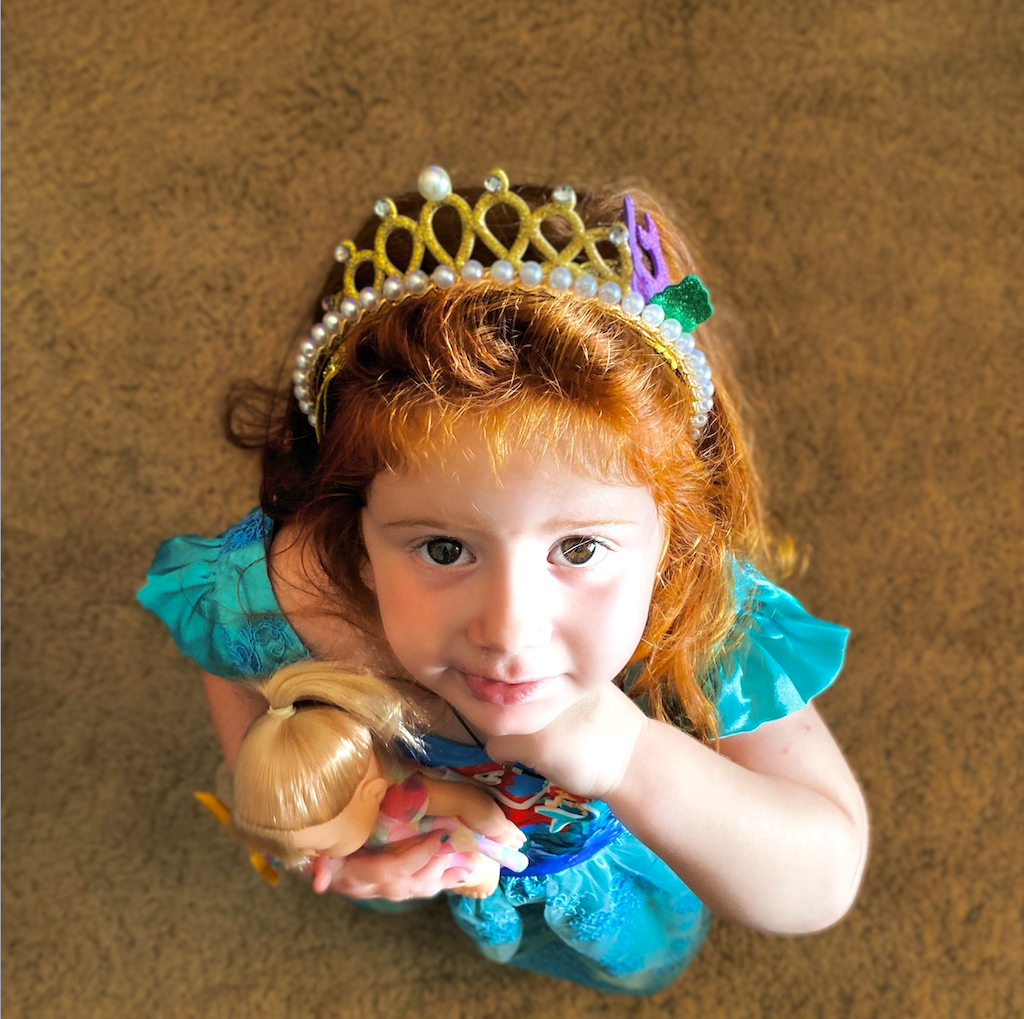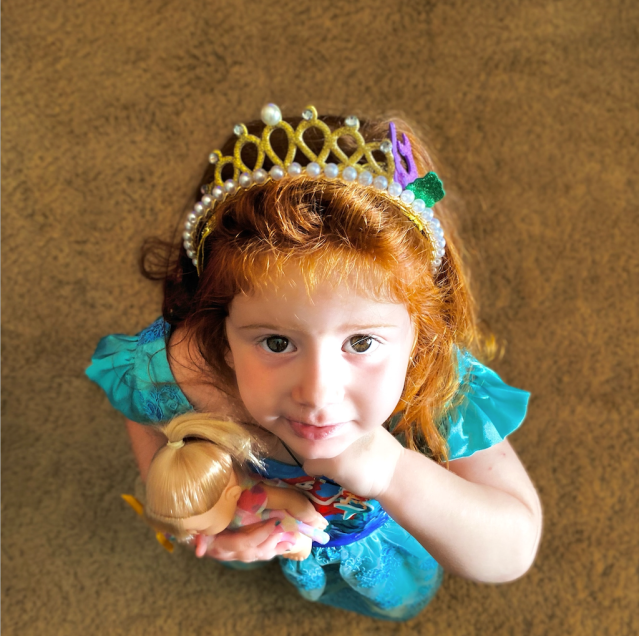
Albert Einstein once said, “If you want your children to be intelligent, read them fairy tales. If you want them to be more intelligent, read them more fairy tales.
As a young girl, I remember my parents reading me a story every night at bedtime. My favorite book was Cinderella. As I listened, I would close my eyes and picture the story in my mind. As soon as the storytelling would begin, the boundary between the life of Cinderella and everyday life seemed to quickly disappear. And the ending was never a surprise (and that was my favorite part) for I was safe in the knowledge that through it all—lost slipper or bad fairy, the princess would marry the prince and get to live in the larger than life palace just beyond the sunset, happily ever after.
Fairy tales teach us about empathy and compassion, relationships, and the difference between good and evil. These stories are more than just happily ever after. They portray real moral lessons thru characters and virtue shown in the stories.
Some of the benefits of reading fairy tales to your children include:
- Giving kids a place to learn the idea that life isn’t always easy and people don’t always have your best interests at heart. These stories give parents a way of gradually introducing their children to the idea that there are some bad people in the world. At the same time, it’s a way of reinforcing the importance of being kind, thoughtful, and true.
- Fairy Godmothers, talking animals, evil witches—anything is possible in a fairy tale! Our world needs more imaginative and creative thinkers. When our minds are opened to all sorts of ideas and possibilities as children, we develop an out-of-the-box thinking style. When presented with a problem or challenge, children with vivid imaginations will come up with wonderfully unique ways to overcome those challenges.
- Sharing stories can be a very powerful way to help children navigate complex and moral subjects. They learn and discover their actions have consequences and can affect other people’s feelings, as well as impacting their own emotions.
- Without being explicitly known, children learn that hard work pays off and that sometimes delayed gratification is necessary. Fairy tales provide answers to what the world is really like and a child’s place within it.
- Fairy tales encourage children to develop their own creativity. Most fairy tales do not include detailed outlines of the characters which encourage children to make up their own mental picture of the characters. The vague descriptions of places and events also help children develop their imaginations by envisioning what is happening in the story. This creativity, in turn, will be an invaluable skill for children in later life.
There are many versions of the same fairy tale. Gone are the days when all the main characters looked virtually the same. Now children from all over the world can glimpse different cultures through these stories and see themselves reflected as well. Often, these versions depend on the culture of its author.
These stories not only provide us with pieces of our background but enlighten others to something different. Fairy tales have the power to change lives. They can inspire a person to be something greater than they are, and become the person they want to be. The power of fairy tales can give people strength in their weakest moments, and lead them down a path they wouldn’t originally have the courage to walk.
Most young children aren’t remotely aware that they’re learning life skills. For them, all that matters is the moment, when a good story whirls them away into new worlds. One of the reasons I believe love fairy tales remain so powerful is that extraordinary things happen to ordinary people. In a fairy tale, a young girl lost in the forest, can find food and comfort in a houseful of bears.











